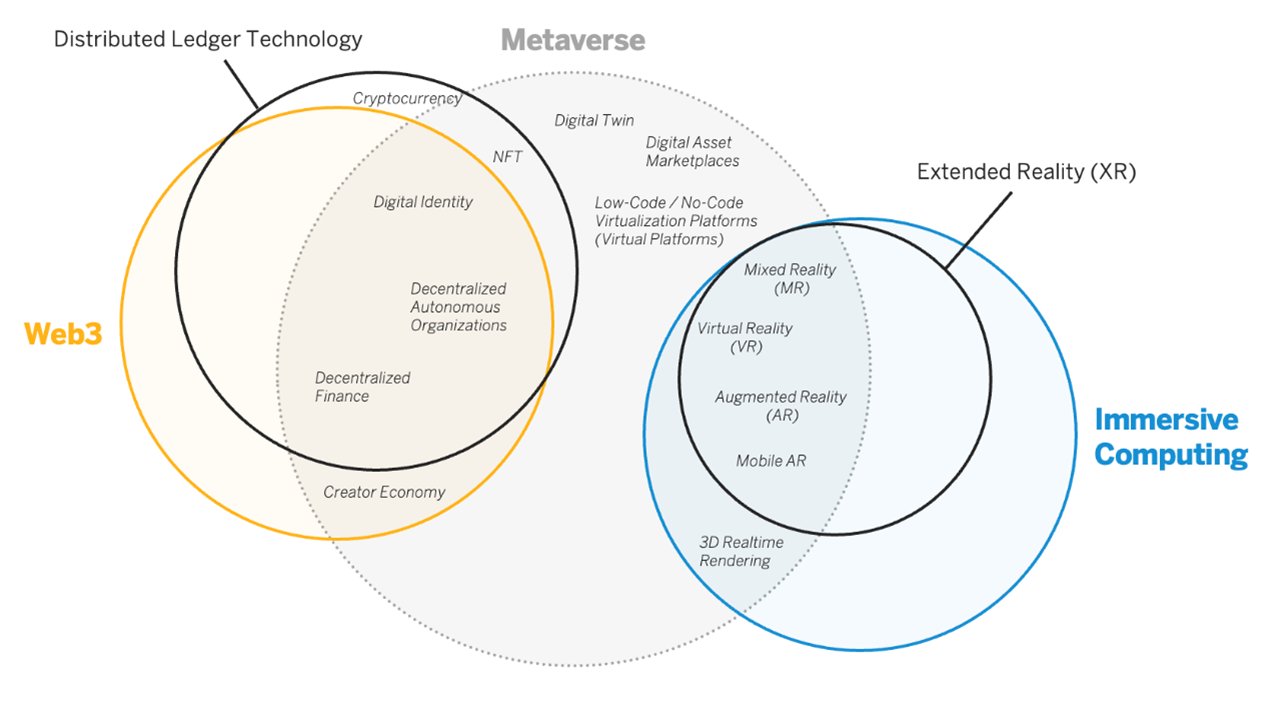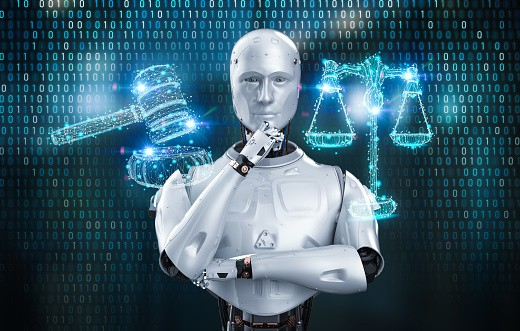Science & Technology
The Future of Metaverse and AI
- 03 Jan 2023
- 9 min read
For Prelims: Chatbot and Types, Artificial Intelligence, Metaverse, Social Media.
For Mains: Outlook of Meta and artificial Intelligence 2023.
Why in News?
The year 2022 was not the best for tech firms, yet we may innovative technologies emerge in future related to Metaverse and AI (Artificial Intelligence), which may raise concerns and present Opportunities.
- The year 2022 saw a lot of the shift in demand during and post the Covid-induced lockdowns.
- The year 2022 ended with near mayhem across most Silicon Valley companies, especially those in the Internet business.
What will be the Future Challenges and Opportunities of Meta-AI?
- More Pervasive AI:
- ChatGPT has shown the world that conversational artificial intelligence is an idea whose time has come.
- The ChatGPT can answer “follow-up questions”, and can also “admit its mistakes, challenge incorrect premises, and reject inappropriate requests.” but most such AI elements are now in standalone products, which is more play than work.
- In 2023, this intelligence will be seen coming into more products that we use every day —for instance Gmail that will not just auto-suggest but also write next mail to the boss.
- Beyond Social Media:
- Twitter and Facebook are struggling to remain relevant amid an increasingly younger and digital native audience. Their concepts of social engagement are very different, often sans text and notice-board behaviors.
- Meta, for instance, knows that it will have to think beyond its present social media platforms and wants to be the social link when users move to the Metaverse, if at all.
- But that might not be something that will shift soon. Till then, there seems to be a vacuum emerging in the social media space, for now plugged by users sticking to short videos. But that fad too shall pass and not all platforms are good in that segment.
- More Regional, Darker Social Bubbles:
- As the Internet spreads to new users, especially in countries like India, it is also becoming more localized and multilingual.
- Across the world, the English language internet seems to have plateaued, making platforms like Google focus more on opportunities to serve smaller, regional languages.
- This is a tech challenge in more ways than one, but also presents an opportunity to test out new technologies that can convert the content of the internet for these new users without much human intervention.
- Future of Metaverse:

- As hybrid workforces become the norm and with travel still not as easy as earlier, extended reality (XR) could become the answer to collaborate and communicate virtually.
- XR is an emerging umbrella term for all the immersive technologies, including augmented reality (AR), virtual reality (VR), and mixed reality (MR) plus those that are still to be created.
- All immersive technologies extend the reality we experience by either blending the virtual and “real” worlds or by creating a fully immersive experience.
- Since the headsets and other paraphernalia to facilitate these virtual interactions are still very expensive, it might be up to companies to make these available to their employees for regular XR meetings. The first experience of this could end up looking like an upgraded version of video conferencing, but with the ability to interact with objects in the virtual space.
- A few more commercial versions of the Metaverse is expected to be accessible to regular users during the year. However, the challenge will be with the hardware that lets people access these virtual worlds without making people bankrupt in the real world. The big disruptor could be an affordable device that logs users into the Metaverse easily — maybe it will just be a smartphone.
- As hybrid workforces become the norm and with travel still not as easy as earlier, extended reality (XR) could become the answer to collaborate and communicate virtually.
What are the Ethical Concerns related to AI?
- The legal and ethical issues that confront society due to AI include privacy and surveillance, bias or discrimination, and potentially the philosophical challenge is the role of human judgment. Concerns about newer digital technologies becoming a new source of inaccuracy and data breaches have arisen as a result of its use.
- The other side of this technological revolution is a growing apprehension on the socio-political and economic implications of AI, specifically, the concerns about co-existence of these emerging technologies and core principles of modern democracies.
- Consequently, AI ethics and the safe and responsible application of AI are becoming front and centre of the technology revolution.
- Constitutional morality was envisioned as the cornerstone for AI ethics’ principles in India, thus, propelling our constitutional rights and ethos to the paramount consideration for deploying AI in a responsible manner.
What are the Principles of a Responsible AI?
- Safety and Reliability: AI systems must ensure reliability regarding their intended functions and must have built-in safeguards to ensure the safety of stakeholders.
- Equality: AI systems must be built keeping in mind that similar people in similar circumstances are treated equally.
- Inclusivity and Non-Discrimination: AI systems must be developed to be inclusive of all stakeholders, and must not discriminate through bias between stakeholders on religion, race, caste, sex, descent, place of birth or residence in matters of education, employment, access to public spaces etc.
- Privacy and Security: AI systems must ensure that the personal data of data subjects must be safe and secure, such that only authorised persons must access personal data for specified and necessary purposes, within a framework of sufficient safeguards to ensure this process.
- Principle of Transparency: The design and training of AI systems is key for its functioning. The system must be audited and be capable of external scrutiny to ensure that the deployment of the AI system is impartial, accountable and free from bias or inaccuracies.
- Principle of Accountability: Since there are various actors in the process of developing, deploying and operationalizing an AI system, the accountability structures for any effects, harms or damages by the AI system must be clearly set out in a publicly accessible and understandable manner.
- Protection and Reinforcement of Positive Human Values: This principle focuses on the possible deleterious effects of AI systems through collection of personal data for profiling, the use of AI systems in manners contrary to fundamental rights guaranteed by the Constitution of India.
UPSC Civil Services Examination, Previous Year Questions (PYQs)
Q. With the present state of development, Artificial Intelligence can effectively do which of the following? (2020)
- Bring down electricity consumption in industrial units
- Create meaningful short stories and songs
- Disease diagnosis
- Text-to-Speech Conversion
- Wireless transmission of electrical energy
Select the correct answer using the code given below:
(a) 1, 2, 3 and 5 only
(b) 1, 3 and 4 only
(c) 2, 4 and 5 only
(d) 1, 2, 3, 4 and 5
Ans: (b)





